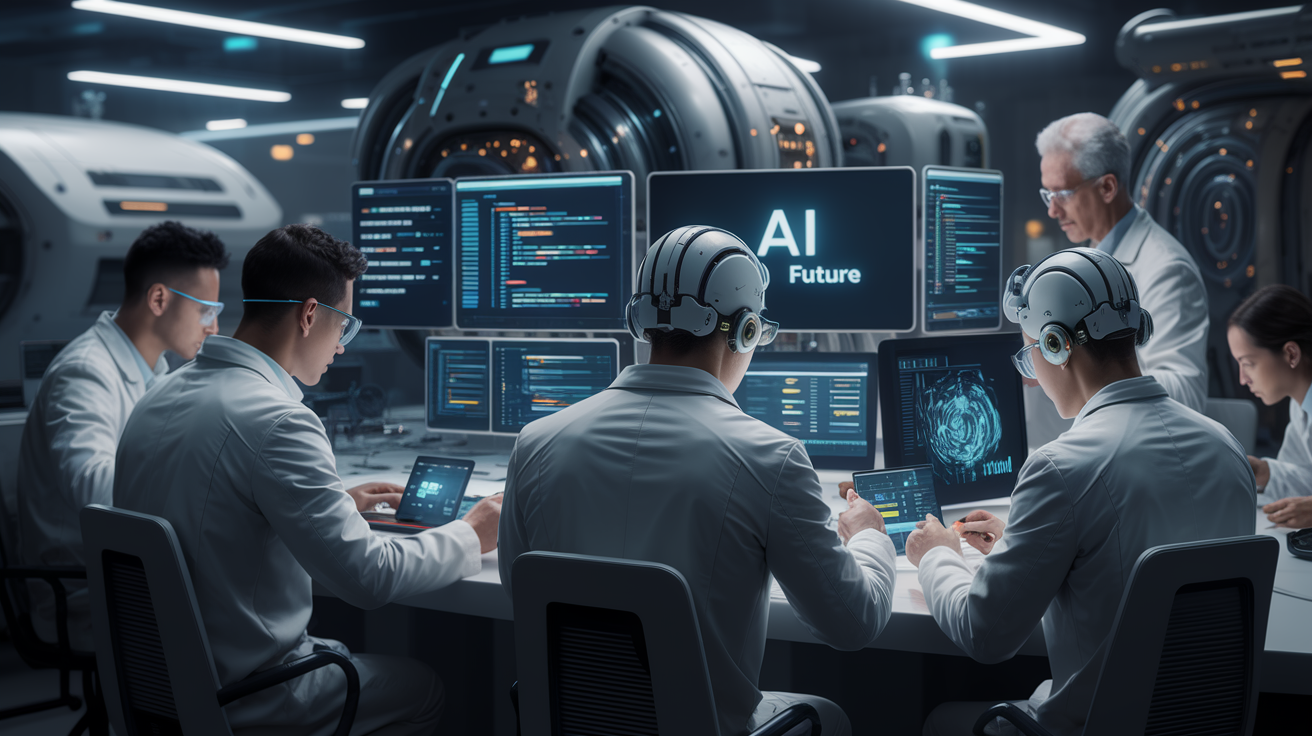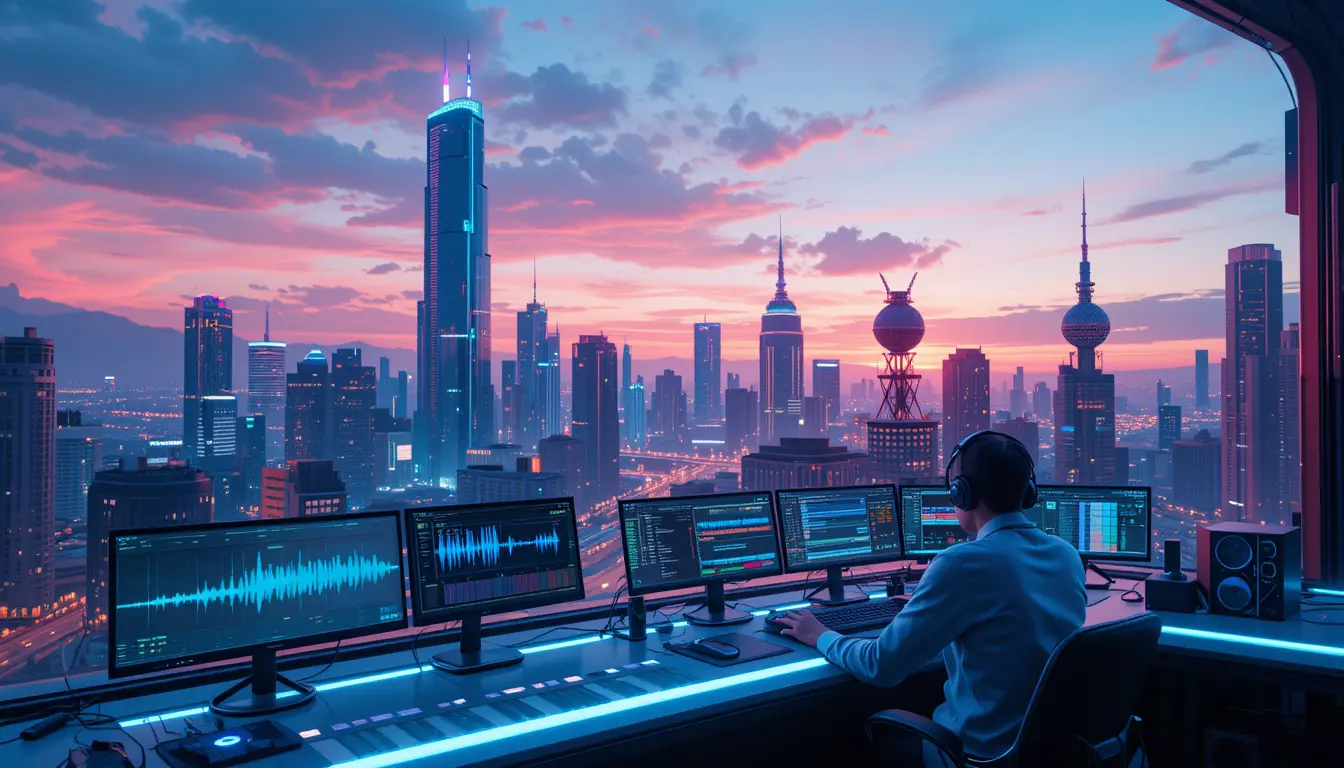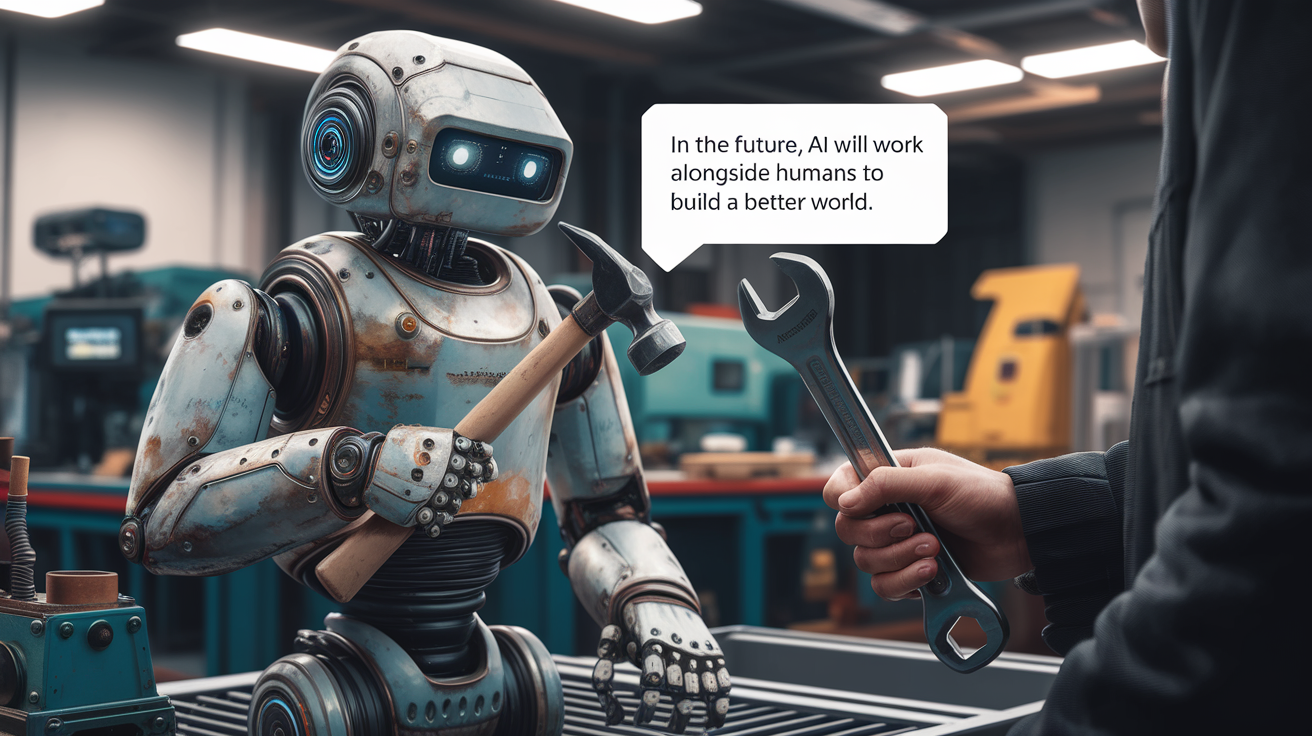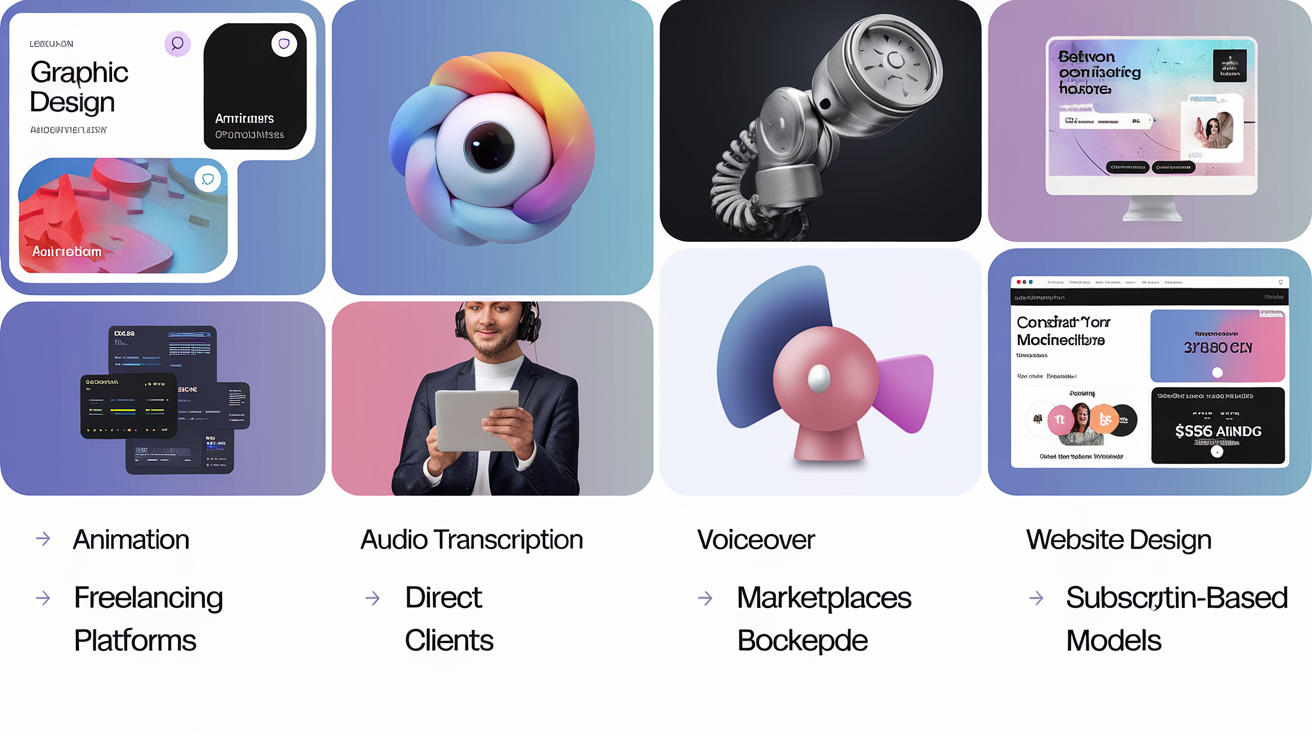
Introduction
The rapid advancement of artificial intelligence (AI) has sparked both excitement and apprehension about its impact on the job market. While some fear that AI will lead to widespread job displacement, others believe that it will create new opportunities and transform the nature of work. In this article, we’ll explore the current state of AI, the jobs that are most likely to be affected, and the strategies that individuals and businesses can adopt to thrive in the AI era.
a1mtarabichi.medium.com (NEWS SOURCE)
The AI Revolution: A Double-Edged Sword
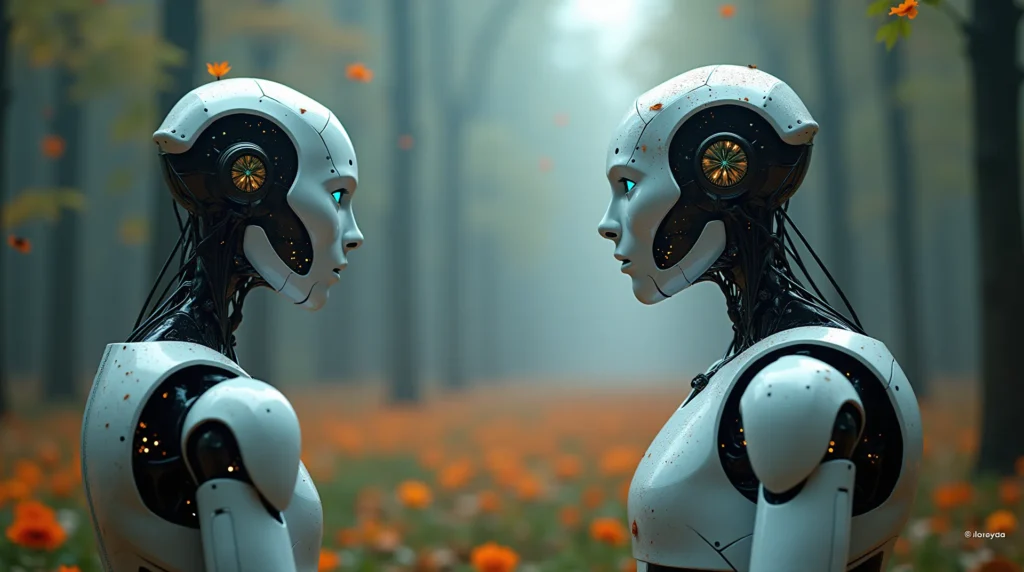
AI has the potential to revolutionize various industries, from healthcare to manufacturing. However, it also raises concerns about job security and the potential for mass unemployment. As AI becomes more sophisticated, it can automate tasks that were previously performed by humans, leading to job displacement in certain sectors.
Fear of AI: Addressing the Concerns
The fear of AI is understandable, but it’s important to remember that AI is a tool that can be used for both good and bad. By understanding the limitations of AI and developing strategies to mitigate its negative impacts, we can harness its power to create a better future.

FEAR OF AI?
Jobs at Risk: The Impact of AI Automation
While AI is unlikely to replace humans entirely, it could significantly impact certain jobs. Occupations that involve repetitive, routine tasks are particularly vulnerable to automation. This includes roles such as data entry, customer service representatives, and truck drivers.
Jobs That Are Safe (For Now): Human-Centric Roles
Despite the advancements in AI, there are certain jobs that are likely to remain safe for the foreseeable future. These jobs typically require human qualities that AI cannot replicate, such as:

- Creativity: Artists, musicians, writers, and designers are unlikely to be replaced by AI due to their unique creative abilities.
- Empathy: Jobs that involve caring for others, such as social workers, therapists, and nurses, require human empathy and understanding.
- Complex Decision-Making: Occupations that involve complex decision-making, such as doctors, lawyers, and engineers, are less susceptible to automation.
- Physical Labor: Jobs that require physical strength or dexterity, such as construction workers and plumbers, are not easily automated.
Emerging High-Demand Jobs in the AI Era
As AI continues to evolve, new job opportunities are emerging. Some of the most in-demand roles in the AI field include:
- AI Engineers: Develop and maintain AI algorithms and systems.
- Data Scientists: Collect, analyze, and interpret large datasets.
- Machine Learning Specialists: Design and implement machine learning models.
- AI Ethics Experts: Ensure that AI is developed and used responsibly.
The Future of Work: A Human-AI Collaboration
Rather than viewing AI as a threat, it’s essential to embrace it as a tool that can augment human capabilities. By working together, humans and AI can achieve remarkable things. The future of work is likely to involve a collaboration between humans and AI, with humans focusing on tasks that require creativity, empathy, and complex decision-making, while AI handles routine and repetitive tasks.
FAQ
- What are the top jobs in AI?
- The top jobs in AI include AI Engineers, Data Scientists, Machine Learning Specialists, and AI Ethics Experts.
- What are the best jobs in AI for beginners?
- Entry-level jobs in AI often involve roles like Data Analysts, Machine Learning Engineers, and AI Research Assistants.
- What are the highest-paying jobs in AI?
- AI Engineers and Data Scientists typically command the highest salaries in the field.
- What jobs in AI are remote?
- Many AI jobs, especially in tech companies, offer remote work options.
- What jobs in AI involve sales?
- AI Sales roles involve selling AI products or services to businesses and organizations.
- What jobs in AI and machine learning are available?
- AI and machine learning roles encompass a wide range of positions, from research scientists to software engineers.
- What jobs in AI involve art?
- AI Artists and Creative Technologists use AI to create art, design, and other creative content.
- What jobs in AI involve technology?
- AI Engineers, Software Developers, and System Architects are among the AI jobs that directly involve technology.
- What jobs in AI involve education?
- AI Educators and Researchers play a crucial role in developing and teaching AI courses and programs.
- What jobs in AI involve data science?
- Data Scientists and Data Engineers are essential for collecting, analyzing, and interpreting large datasets.
- What jobs in AI involve robotics?
- Robotics Engineers and AI Researchers work on developing AI-powered robots for various applications.
- What jobs are at risk from AI?
- Jobs that involve repetitive, routine tasks, such as data entry and customer service, are most at risk from AI automation.
- Can I work in AI without a degree?
- While a degree in computer science or a related field can be helpful, it’s not always necessary. Many individuals with experience in software development, data analysis, or other relevant fields can transition into AI careers.
Conclusion
The rise of AI presents both challenges and opportunities. By understanding the potential impacts of AI and preparing for the future of work, individuals and businesses can navigate this new landscape successfully. By embracing AI as a tool and focusing on developing skills that are uniquely human, we can ensure a prosperous future for all.Sources and related content

